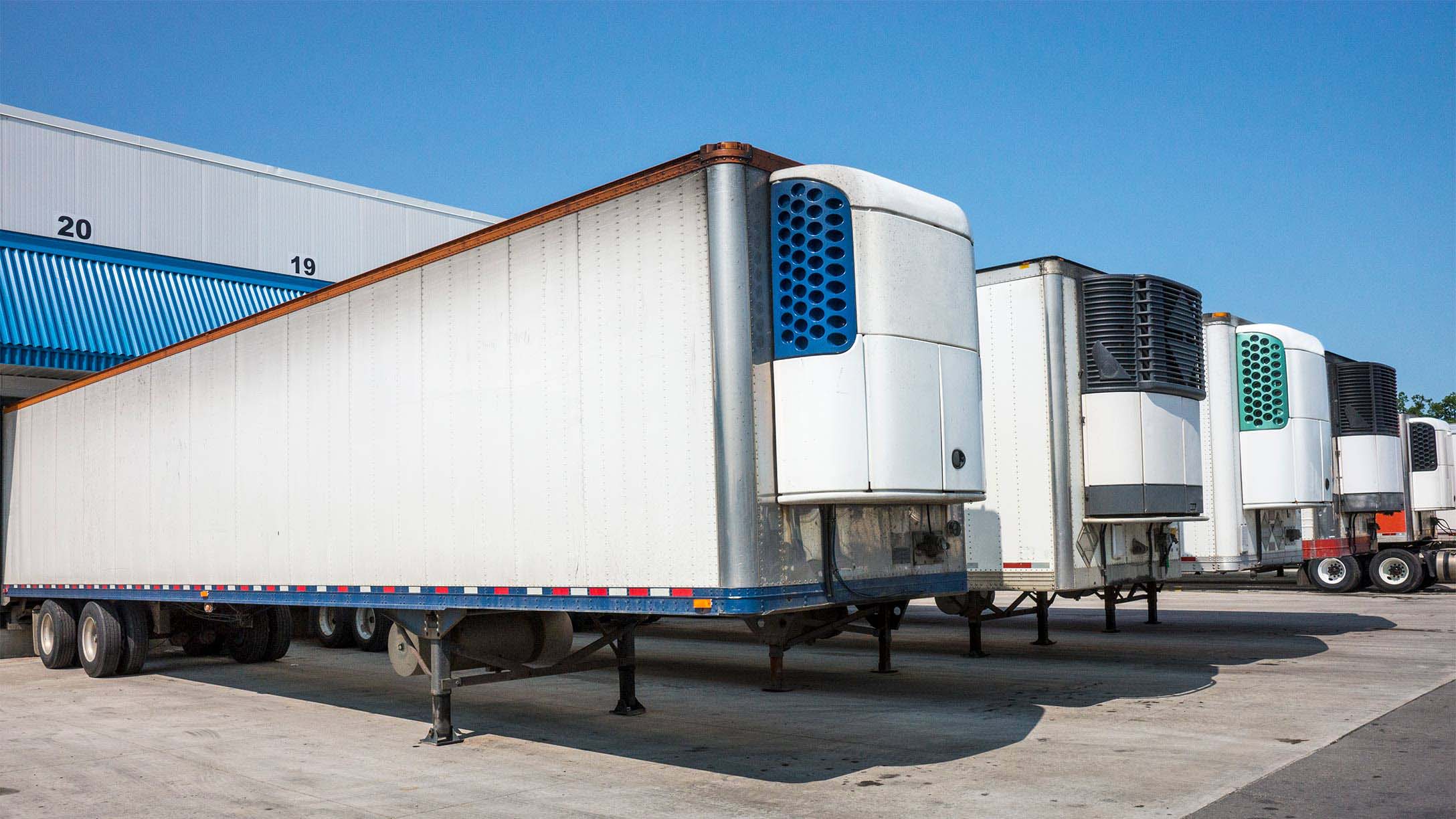Cutting maintenance costs on trailers with dynamic asset tracking
Switching from preventative to predictive maintenance can help with cutting maintenance costs on trailers.


Asset tracking has been used for decades to help keep track of physical assets. In the last few years, with the help of advancements in technology, it has become easier than ever to save money and protect your fleet from theft. Keep reading for tips on cutting maintenance costs on trailers.
The high return on investment (ROI), real-life challenges addressed by dynamic asset tracking include:
- Cutting maintenance costs by shifting from preventive to predictive maintenance
- Reducing fleet size by rightsizing based on utilization data
- Finding trailers on large lots faster
- Locating lost trailers
Fleet maintenance based on time
To get started, let’s look at a major cost associated with trailer ownership: maintenance. Most older fleets perform trailer maintenance based on time in service, not mileage. This can make sense when mileage is manually tracked on a preventative basis. However, the challenge with this method is that the costs are higher than maintenance based on usage.
Keep in mind, most fleets are maintained based on a time schedule. The schedule however varies based on each fleet, while some are scheduled for maintenance twice a year, others are maintained much more often based on the type of work they do.
Counting the cost
The higher costs usually fall into these two scenarios:
- When trailers are maintained based on their mileage, leading to in many cases, money being spent unnecessarily.
- When fleets are not maintained enough, which means in the long-run, they will have additional issues that will require repairs.
For example, if everyone on the road changed the brake pads in their car every two years, this would work for some while not working for others. A car that drives six thousand miles per year does not need their brakes changed as frequently as a driver that is on the road for 24 thousand miles per year. Essentially, each scenario depends on your specific situation.
Most fleet managers are spending too much on maintenance without even realizing it. According to the Electronic Code of Federal Regulations, Section 396.17(c), trailers must be maintained every 12 months. Given the potential risk of downtime and delays, a fleet manager usually will not wait that long under normal circumstances.
The solution: dynamic tracking
With Flex’s TT600 series solar powered asset tracker, you can utilize one-minute GPS fixes. Trailer mileage can also be tracked digitally with fair accuracy. Additionally, when a trailer is inward bound to a lot, the fleet manager will know this ahead of time and can prepare to pull it off the line for maintenance, inserting another trailer in its place. With Flex, you can always know where your trailer is, not just where it was.
Conclusion
By switching from preventative maintenance to predictive maintenance, you will be able to decrease your fleet costs and stay ahead of your competition. Contact your Geotab account manager to get started.
About Flex:
Flex is the Sketch-to-Scale® solutions provider that designs and builds intelligent products globally. With approximately 200,000 professionals across 30 countries, Flex provides innovative design, engineering, manufacturing and real-time supply chain insight and logistics services to companies of all sizes across industries and markets.
For more details, go to Solar Asset Tracker on the Geotab Marketplace and click Request Info.
See also: Two essential MyGeotab reports for cutting fuel costs
Subscribe to get industry tips and insights

Cory Halbardier is a contributing author.
Table of Contents
Subscribe to get industry tips and insights
Related posts


How to avoid high downtime costs for construction fleets
March 10, 2025
2 minute read

Track anything, anywhere, with the GO Anywhere asset tracker
March 6, 2025
3 minute read

Geotab Data Connector gets an upgrade for better fleet insights
February 24, 2025
1 minute read
.png)
Marketplace Spotlight: Behind the Vision of Predictive Coach
January 30, 2025
1 minute read
